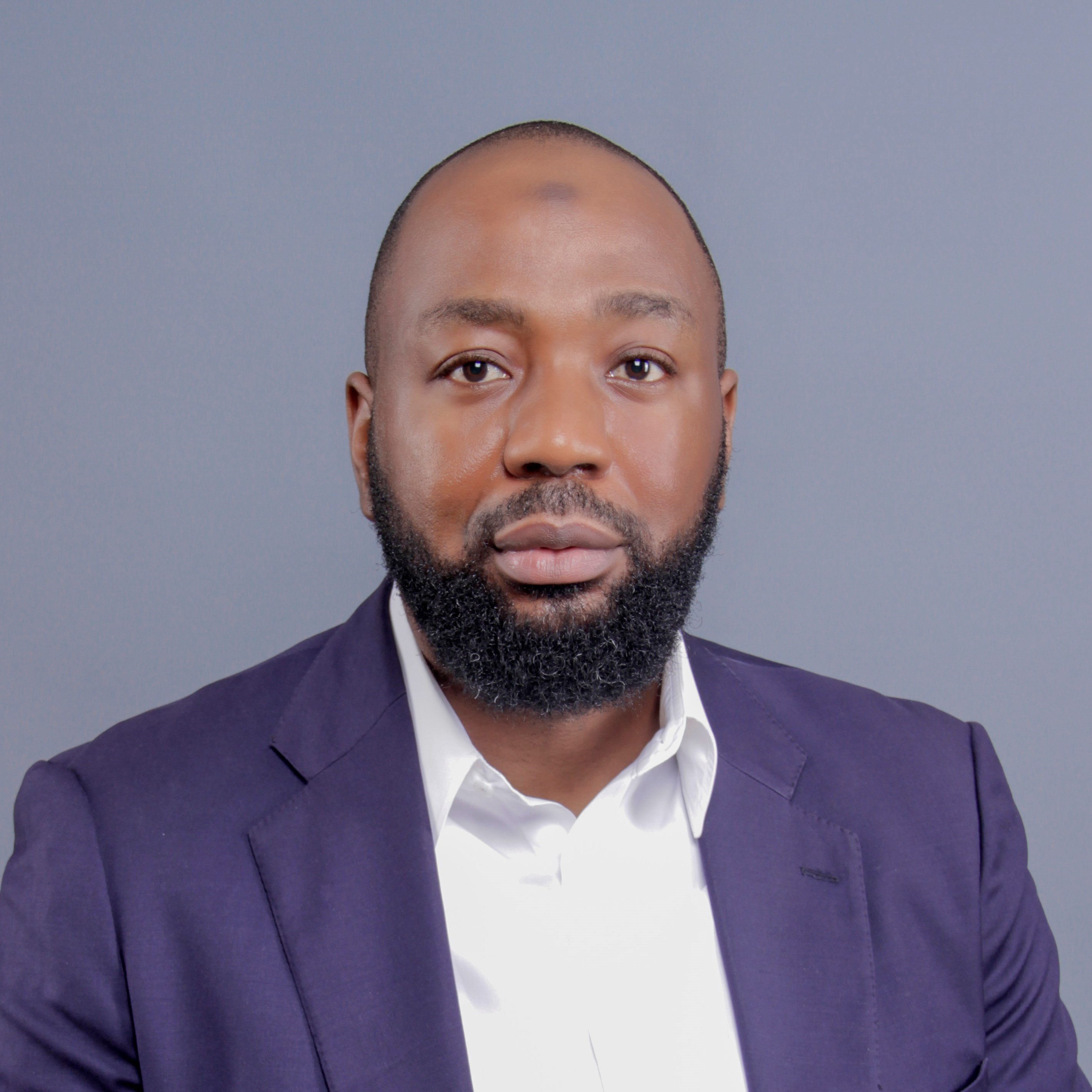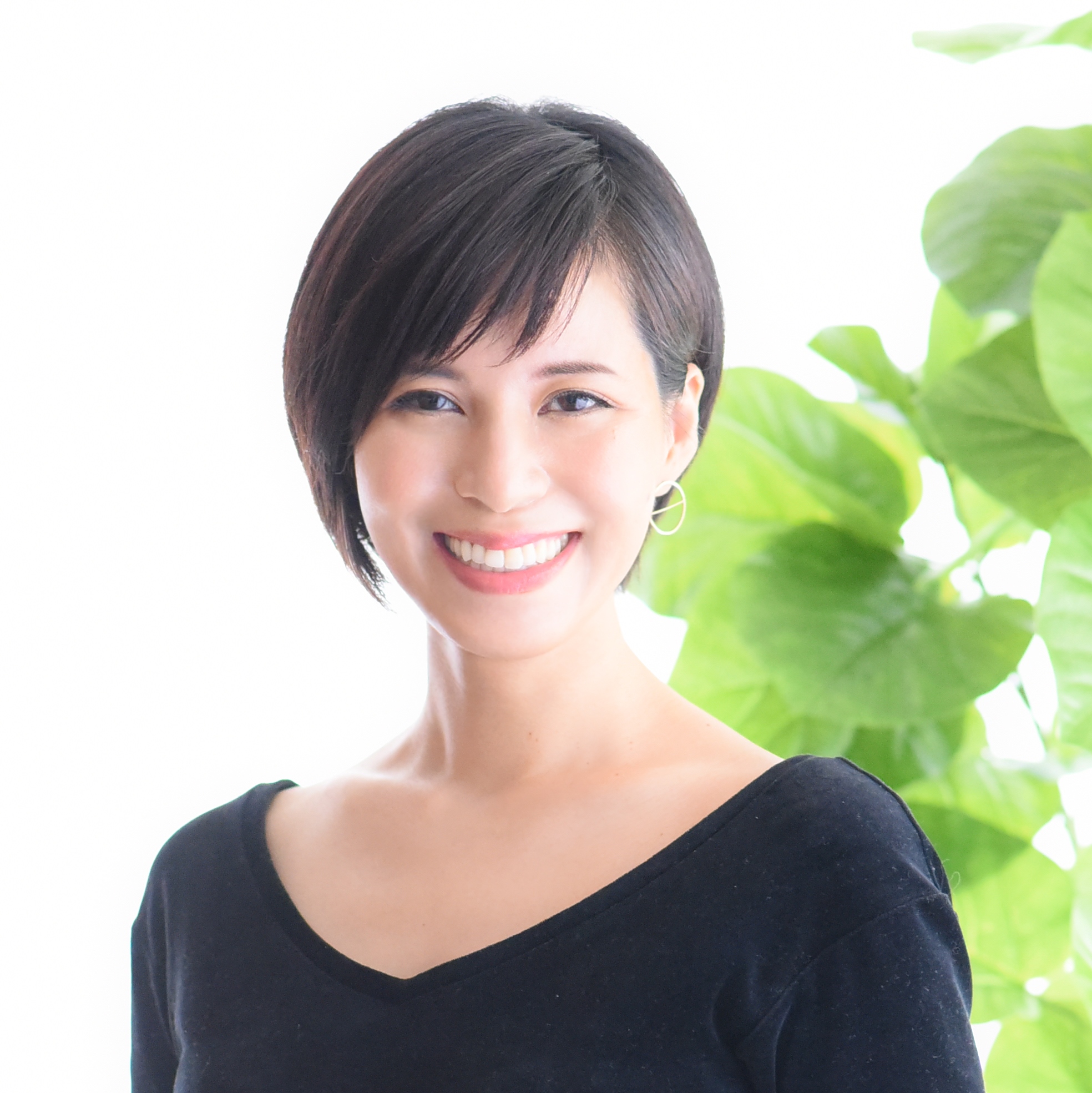The rigour of the application process assured me that I was on the right track.
Jubril Saba

Do share with us your background.
I have worked and lived in Lagos, Nigeria all my life and spent the last 10 years as an HR leader in the telecommunications sector of the economy. I am currently the HR Director for the Nigerian entity of the largest TowerCo in Africa, Europe and the Middle East.
Working in the fastest growing sector of the economy; on a continent with the fastest growing and largest youth population; in an industry facilitating wave after wave of disruption has been very fascinating and thrown up several opportunities to surf the peaks and troughs of several continuous change cycles.
The EMC offered a transformative experience to truly engage with the 'messiness' of being human, and a space in which to pause, reflect and explore the systems psychodynamic underpinnings of the turbulence I experienced leading the HR function at times when it could feel like being right in the middle of a washing machine cycle.
What made you decide to embark on the EMC programme at INSEAD?
I was in the middle of a journey of developing my craft as a professional helping individuals and improving systems (teams, communities, societies and organisations). I was completing a certification programme then as a coach, but I needed more. While this was adequate to support me in one-on-one engagements, it fell quite short of facilitating discovery, engagement and execution.
The EMC programme, which was strongly recommended by an alumnus, addressed this entire spectrum. I was also intrigued by the opportunity to become a scholar-practitioner, to design and develop my own unique and pragmatic approach to addressing challenges across individual interactions and systems dynamics using research-backed and time-tested psychodynamic models.
The rigour of the application process further assured me that I was on the right track. The essays forced me to reflect and truly come to terms with who I thought I was and therefore who I might become as a result of this experience. Speaking to Prof. Roger Lehmann as part of the admissions process sealed it for me.
Did the programme meet or exceed your expectations?
The programme exceeded my expectations in multiple ways. If I were to dwell on one aspect, it will be the three practicums. They offered an opportunity to integrate the learnings with real-world applications in a sort of crucible while being 'held' in the safety net of your peers going through the same experience. I could evaluate my learning and understand why certain aspects of the learning experience struck a chord and some did not.
It was also a practical exercise in experiencing trust-based vulnerability in a small group setting.
How has the EMC changed your perspectives or outlook towards life?
The EMC is a perception-altering experience. No two modules are the same and I was never the same person leaving and re-entering each progressive module. I am now constantly aware that by holding on to a single version of truth or reality, which is a direct result of all my experiences, can be very dangerous in drawing inferences and conclusions concerning what I deem to be 'the true version of events'.
Graduating from the EMC is a practice in becoming; my perspectives and outlook towards life have not changed but are 'changing'.
How different is the EMC as compared to other masters programmes out there?
The EMC is a truly immersive experience. Right from when you apply for the programme, which felt like walking through a hall of mirrors for me, something begins to shift with regards to how you experience yourself.
The individuals who are also drawn to the programme seem to be very unique, it is either they are or the application process only produces a certain kind of people. The openness for dialogue, a penchant for moving the conversation forward, acknowledging all that emerges in the course of engagement, constructive disagreement and finding language for reconciliation.
Beyond being different from other masters programmes, it is just simply ... different! It is deliberately designed not to conform. You will know that from the moment you meet the Programme Directors.
What advice would you give to potential EMC participants?
This is an immersive experience. You will get as much out of it as you put in. Remain open to all you hear and learn; it will challenge you and you will have to manage the paradox of being in a society that thrives on performance and consistent measuring, while attending a course that gives you a glimpse into how life might look like if you gave up on these and did not feel pressured to ‘measure up’ to others.



